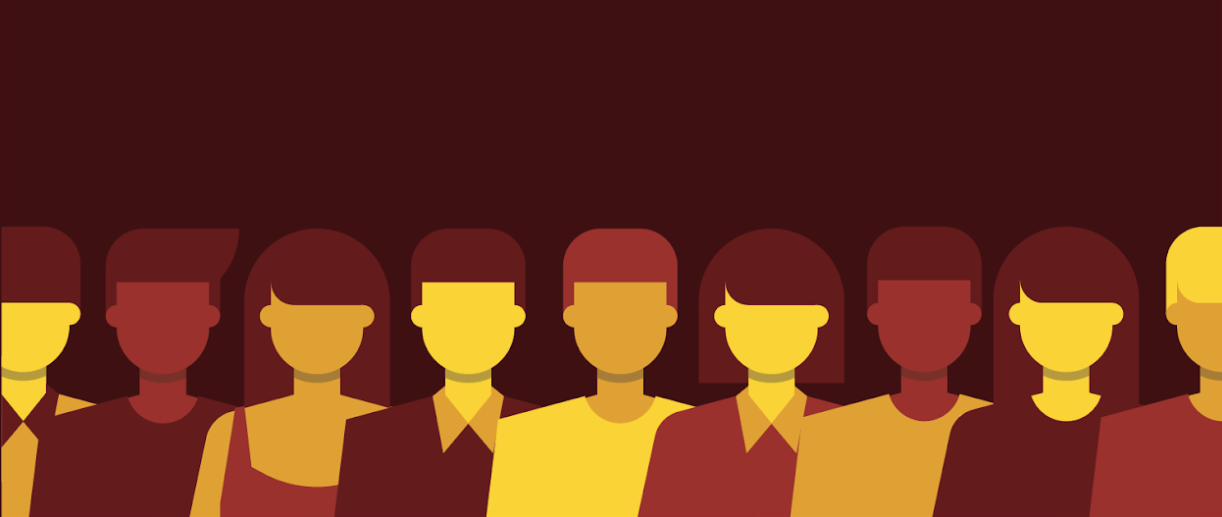As I sit with two of my friends, we start talking about career choices. In her spiel, one of them mentions that she “just wants to make people feel good about themselves.” A bit later in the conversation, I follow her eyes to a group of people behind me as she remarks “wow, her skirt really should be longer.” I’m struck by the irony immediately and call her out on it.
In psychology, we call this cognitive dissonance – the discomfort that comes from holding two conflicting beliefs or attitudes at the same time or from acting against your own beliefs. For example, you may hold the belief that women who have children should be able to have jobs as soon as they feel they are ready, but when your friend just had a child and decides to go back to work, you tell her that she should be taking care of her child instead.
In this era, and at Winthrop, many of us feel a lot more open to people of different races, sexualilities, genders, religions, etc. However, many of us were also raised by families who may not share these same beliefs. All of us were raised in a society that teaches us certain things about certain groups of people, and as such, we may hold beliefs that we do not realize we have. We may react in adverse ways towards certain groups of people, such as a white person claiming that they are not racist but clutching their purse closer when a black man stands beside them in line. This can come in the form of underhanded racism, microaggressions and other small acts of prejudice that are often overlooked.
We may even react in certain ways towards ourselves. A mother teaching her child not to “throw like a girl” is in fact perpetrating negative beliefs about the group to which she belongs. This is called internalized prejudice, where a person begins to believe negative biases towards a group to which that person belongs. This might not seem realistic to you, I mean how can someone feel racist/sexist/ableist/etc. towards themself? But when you are raised in a society that constantly tells you that you are “other,” that you do not belong, that you cannot do this or that because of things that you cannot change about yourself, you learn to feel that way too.
So why does this matter? What does this have to do with you or me or anyone else? Namely, this can greatly affect our mental health. You have been taught negative things about yourself, whether that is internalized racism, body shaming or harmful gender roles. This can decrease confidence and self-esteem and increase depression, anxiety and other mental health issues.
So what can we do about this? It will be a long and difficult journey to unlearn what we have been taught about ourselves and about other people, and we can’t do it alone. We have to actively interact, get to know, and talk with the people around us in order to find common experiences and common ground.




